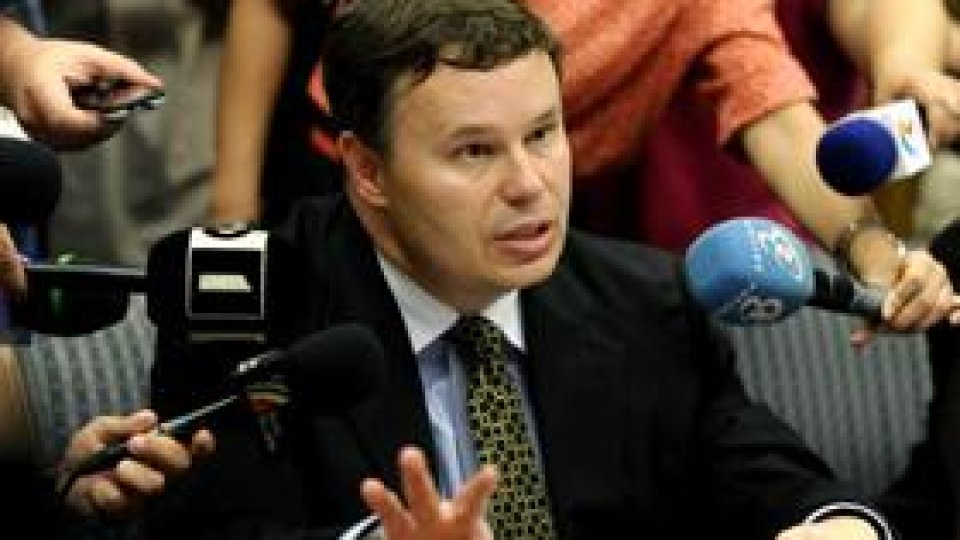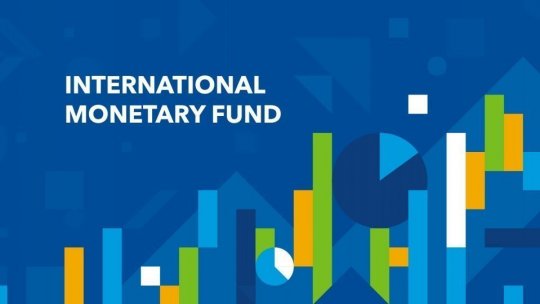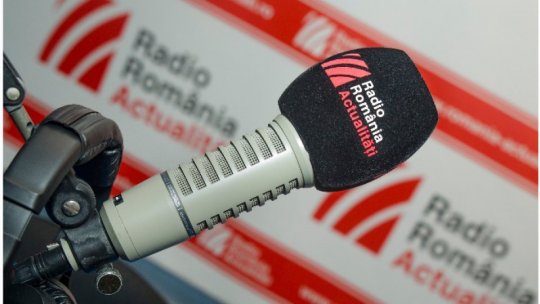Reform process of state-owned enterprise "is too slow"
The IMF warns in its second review under stand-by arrangement with Romania that the problem of the arrears and the medical system reform must be solved by the Romanian authorities.

Articol de Sergiu Şteţ, 07 Octombrie 2011, 13:32
The reform process of the state-owned enterprise and health system is too slow, the IMF warns in his second review under stand-by arrangement with Romania.
In exchange, most of the commitments taken by the authorities of Bucharest have been fulfilled, according to the review of the international financial institution.
One of the performances noticed by the IMF is the fact that the authorities have stayed within the quarterly ceiling on the cash deficit.
According to the stand-by agreement, the authorities will have to meet their 2011 cash deficit target of 4.4 percent of GDP.
According to the second review, Romania’s financial perspectives for this year are good.
This is due especially to the big agricultural production, which will contribute with approximately 1 percent to the financial growth.
In the first half of the year, Romania’s cash deficit was slightly under the limit the Government had promised as a result of a better collecting of taxes and reduction of costs.
The number of civil servants has decreased, by the end of March reaching 1 230 000 people, approximately 200 000 less than in 2009.
The arrears problem "has not been solved"
Even though the cash deficit target has been respected, the IMF’s review shows that the authorities of Bucharest have not managed to solve the problem of old debts, the so-called arrears.
The central and local authorities have accumulated debts of approximately five billion euro.
A great part of these debts will have to be paid back by the end of the year in order to stop the arrears from growing.
As for the commitment to reorganise the state-owned enterprise, which will contribute to the increase in the arrears by not paying the pension and health contributions, the progress has been small.
Plans for the reorganisation of about 150 state-owned enterprises have been made, but they also have to be implemented.
Within the plan of reorganising these enterprises, the government will sell its Oltchim shares and will put up for sale small stock packages at TAROM, Romgaz, Transelectrica, Transgaz and Petrom.
The health system reform is a “high priority”
Another problem that will have to be solved as quickly as possible by the Romanian authorities is the health system reform.
The closing of small hospitals and the introduction of an increased tax for the medical suppliers, the so-called claw-back tax, have not had the estimated effect.
The health insurance budget is still strongly unbalanced due to big expenses on medication and personnel.
Moreover, the revenue to the health insurance budget is below estimates, because many companies do not pay their contribution.
Among the state-owned enterprises, CFR, the National Hard Coal Company and the Electroputere S.A. have big debts for not paying their health contribution.
According to the document published by the IMF, by the end of this year the legislation will have to be modified so as to keep under control the health expenses.
Translated by Anca Pavel
MA Student, MTTLC, Bucharest University









